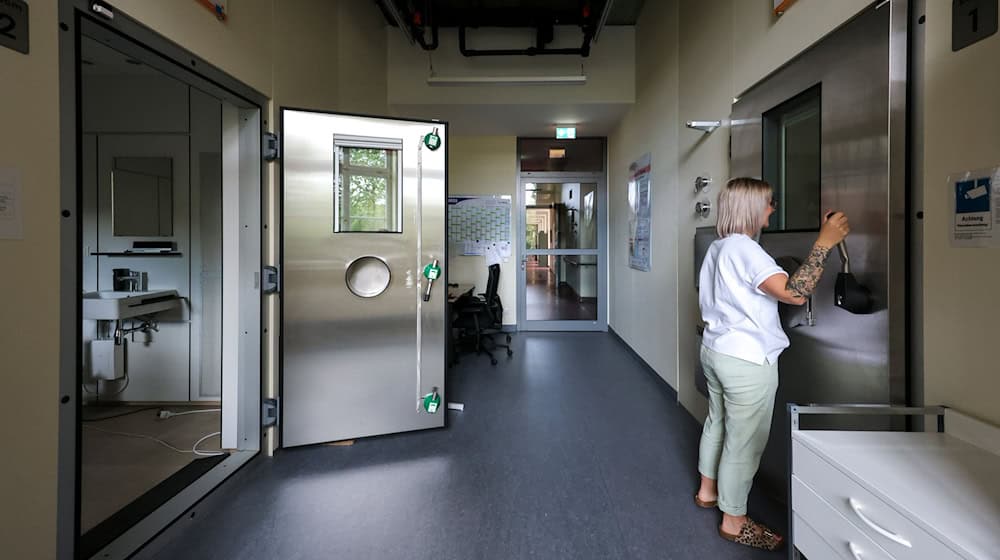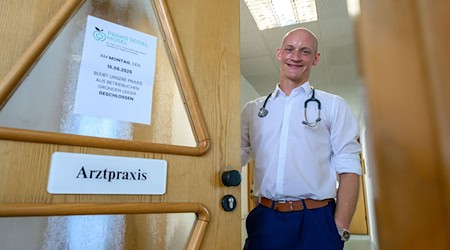Scientists in Leipzig are researching metabolic diseases in special rooms. Metabolic chambers were acquired a good year ago for this purpose. The experts want to use them to better understand the mechanisms that link diseased fatty tissue to diabetes, heart attacks, strokes, high blood pressure and some types of cancer, said Matthias Blüher, Head of the Helmholtz Institute for Metabolism, Obesity and Vascular Research (HI-MAG).
What are metabolic chambers?
A new study is now underway in which test subjects spend five 24-hour periods in the chamber. The special rooms are also designed for overweight people weighing up to 250 kilograms as well as children and adolescents and even competitive athletes, explained the coordinator of the HI-MAG study outpatient clinic, Sarah Frenzel. The chambers, which measure around ten square meters, are comfortably furnished, including sanitary facilities, an emergency button and an intercom system for contact with the outside world. The test subjects can also open the door at any time.
The test subjects receive an 18-day, individually tailored diet. This is also adapted to the results of the individual stays in the chamber. Oxygen consumption and carbon dioxide production are measured in the chamber, which is used to calculate the test subject's energy metabolism. "The tailored diet is not intended to reduce weight, but to determine the energy balance. In other words, how much energy does each individual consume," explained Frenzel.
Special funding through the Excellence Initiative of the German federal and state governments
The Leipzig Center of Metabolism (LeiCeM) Cluster of Excellence at Leipzig University has now made it through the Excellence Strategy of the German federal and state governments and will receive millions in funding from the German Research Foundation (DFG) for seven years from 2026. The cluster is dedicated to gaining a better understanding of diseases that arise from metabolic disorders and lead to serious health problems such as diabetes mellitus, fatty liver and cardiovascular diseases. "We need these chambers in order to be at the forefront of global research," emphasized HI-MAG Director Matthias Blüher.
The HI-MAG provides the infrastructure for the cluster, allowing clinical research to be expanded and intensified, emphasized Frenzel. However, excellence is not only achieved through the Excellence Initiative award. "You have to be of very high quality beforehand to get the cluster."
Copyright 2025, dpa (www.dpa.de). All rights reserved










